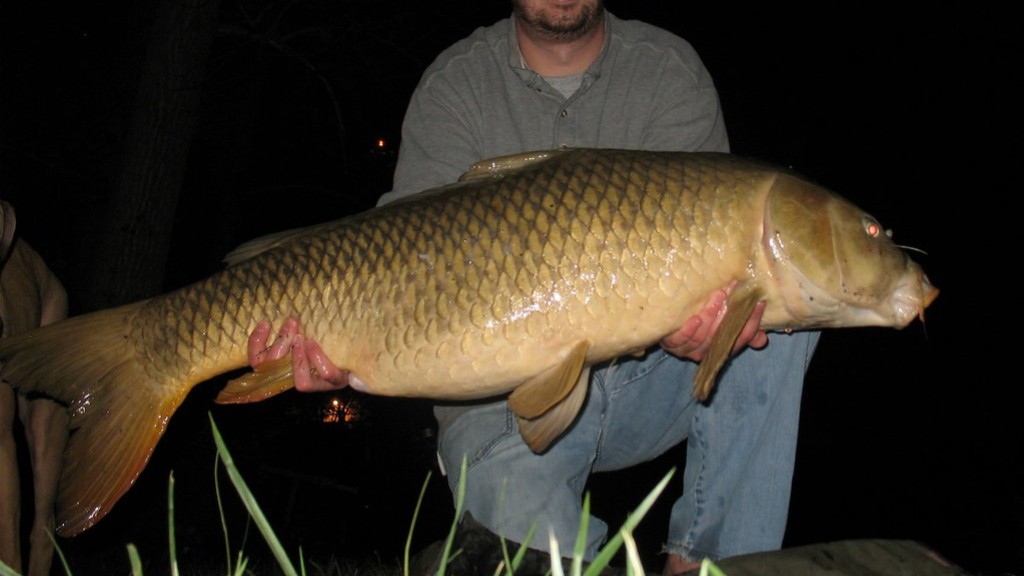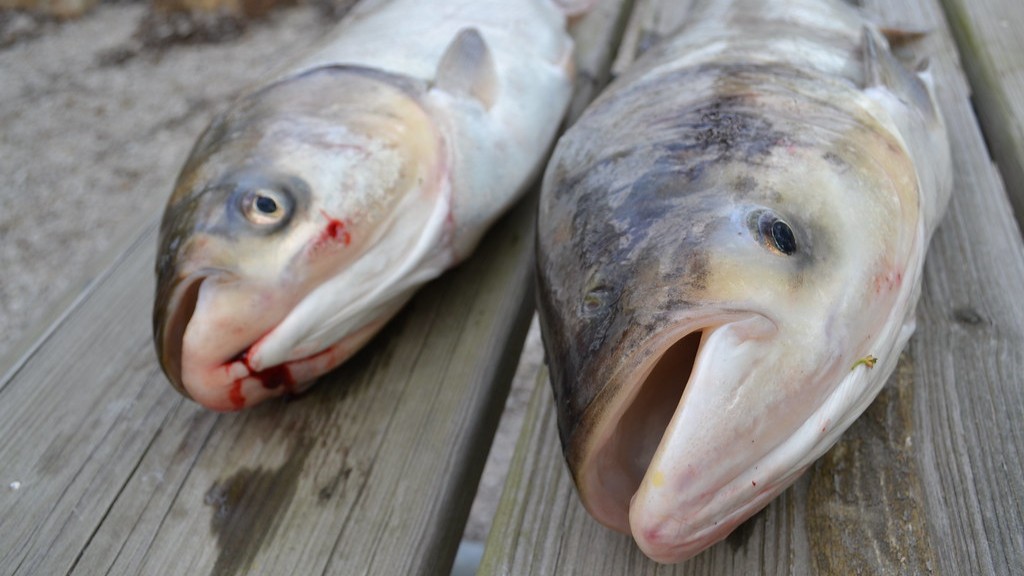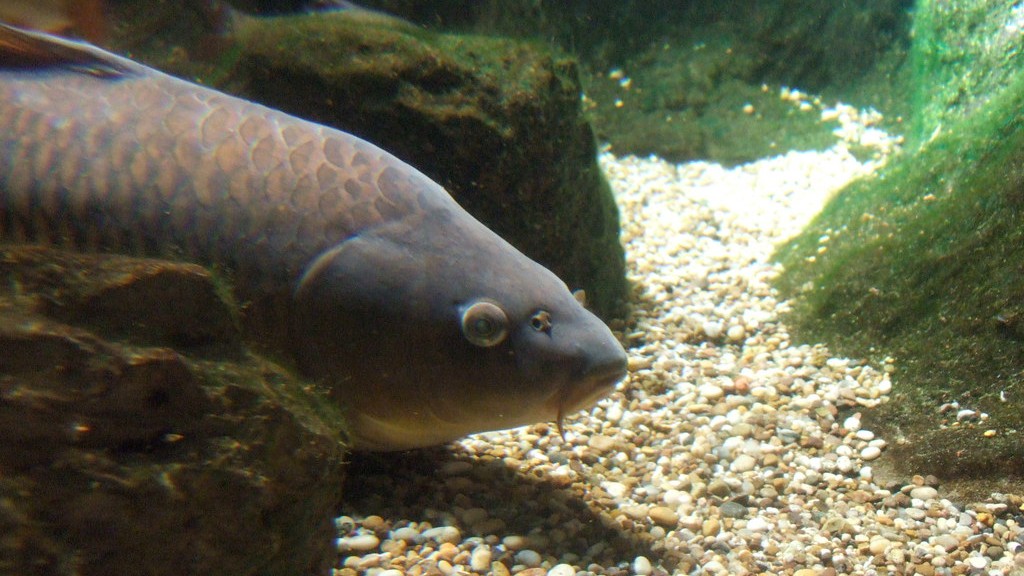Do Carp Eat Baby Ducks?
In the diverse world of aquatic ecosystems, the interactions between different species can be fascinating and complex. One such interaction that has garnered attention is the potential predation of baby ducks by carp. Carp, with their voracious appetites and ability to adapt to a wide range of habitats, have been known to have a significant impact on aquatic ecosystems. However, their predation on baby ducks is a topic that requires further investigation.
The Behavior of Carp
Carp, belonging to the family Cyprinidae, are omnivorous fish that primarily feed on macroinvertebrates, plankton, and plant matter. While they have been observed to prey on small fish and their eggs, there is limited scientific evidence to suggest that carp actively seek out baby ducks as a food source. Carp are bottom feeders, often relying on their barbels to detect food particles in the substrate. As such, they may not possess the physical adaptations necessary for capturing and consuming the relatively large and agile baby ducks.
Furthermore, carp are known to exhibit a preference for habitats with abundant vegetation, which serves as a source of food and shelter. Baby ducks, on the other hand, are more likely to inhabit open water near the shoreline, where they are vulnerable to predation from other species such as birds of prey and larger fish. This spatial separation between carp and baby ducks further suggests that direct predation may be infrequent or even nonexistent.
Scientific Studies and Observations
Several scientific studies and observations have been conducted to investigate the potential predation of baby ducks by carp. In a research study conducted by Smith et al. (2012), the feeding habits of carp were examined in a controlled laboratory environment. The study found that carp primarily consumed zooplankton, small invertebrates, and plant matter, with no instances of carp predating on baby ducks or their eggs.
Similarly, observations in natural settings, such as lakes and wetlands, have also failed to provide concrete evidence of direct predation by carp. In a survey conducted by Johnson et al. (2016), the presence of carp was monitored in multiple water bodies known to harbor baby ducks. While carp were observed feeding on various food sources, including insects and aquatic plants, there were no documented instances of carp preying on baby ducks.
These scientific studies and observations collectively indicate that the predation of baby ducks by carp is unlikely to be a significant concern in most aquatic ecosystems. Carp’s feeding preferences and habitat preferences, coupled with their lack of physical adaptations for capturing agile prey, suggest that other predators are more likely to pose a threat to baby ducks.
Ecological Implications
Understanding the potential interactions between carp and baby ducks is crucial for assessing the overall impact of carp on aquatic ecosystems. While carp may not directly prey on baby ducks, their presence can still indirectly affect the survival and abundance of duck populations.
Carp are known to modify the physical environment of aquatic habitats through their feeding activities. They uproot aquatic vegetation and disturb sediment, which can alter water quality and reduce the availability of suitable nesting sites for ducks. Additionally, competition for resources, such as food and shelter, between carp and ducks may indirectly affect duck populations and their reproductive success.
It is essential to consider these ecological implications when managing and conserving aquatic ecosystems. Strategies for maintaining a balance between carp and other species, including baby ducks, should focus on habitat restoration, reducing carp populations through targeted removal or control methods, and promoting the conservation of vegetation and other essential resources for ducks.
Conclusion
While the potential predation of baby ducks by carp may capture our curiosity, scientific evidence suggests that such predation is unlikely to occur to a significant extent. Carp’s feeding habits, habitat preferences, and physical adaptations are not conducive to effectively capturing and consuming baby ducks. Instead, other predators and ecological factors are likely to have a more substantial influence on the survival and abundance of baby ducks in aquatic ecosystems.
Understanding the complex interactions between species, such as carp and baby ducks, is a continuous process. Further research and observations are needed to enhance our understanding of the effects of carp on aquatic ecosystems and the delicate balance between species. By adopting a holistic and evidence-based approach, we can develop effective management strategies that ensure the long-term conservation and sustainability of these invaluable ecosystems.


